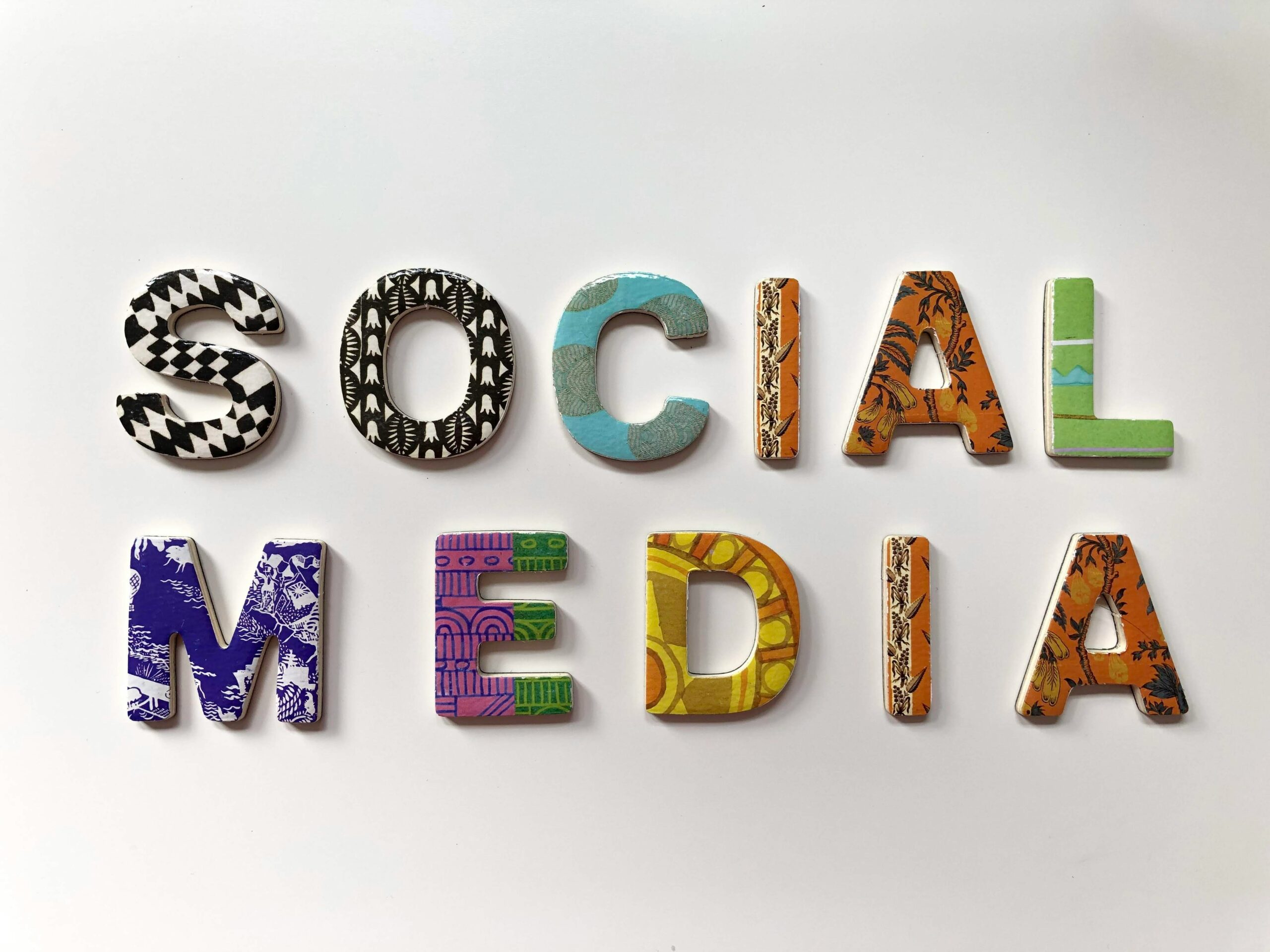In this society where the web and social media are slowly taking over conventional activities, the use of websites and other forms of social media platforms in the political sector, especially targeting young people in the United States, is evident. Social sites such as Twitter, Facebook, and Instagram are not just social bowls but have turned into social forums where people are shaped by their political opinions and arguments, and even revolutions are initiated. This change has far-reaching ramifications on the political process and affects events ranging from electoral exercises to policy debates.
The Digital Natives
The current crop of young adults, commonly known as millennials, are the quintessential digital citizens since they have been brought up with the internet and social media platforms as a way of life. Thus, while the predecessors were engaged in the political process in one way or another, the current generation’s interaction with the political process is prominent on social media. This kind of connection has made political activity more active and direct.
With social networking glorified, there are unmeasured facts considered significant by different social classes disallowed from expressing themselves through other techniques. This shows that youths are not only audiences of political material but rather producers of material who actively post outputs in volumes and recruit others to do so. Social media, which spreads information with the help of audience shares, may bring an issue to everyone’s attention in a matter of days – from Black Lives Matter and climate change activism, for instance.
Social Networking Websites and Their Influence in Developing People’s Political Perception
In this respect, one of the most important effects of social media on politics is the formation of political opinions. Sites offer a platform for sharing information alongside other messages, including negative ones that spread quickly. Personalized algorithms can retrofit people’s opinions and make political discussions more extreme.
To young people, social networks are a primary source of information, although they are sometimes made aware of this. Experts, opinion leaders, and professional sources are often overlooked in favor of snippets and memes that reduce the entire situation to a few words of explanation. This has democratized political communication but made it more vulnerable to distillation and outright manipulation.
There is no doubt with the intensive use of social media platforms, political candidates and political parties realized an important tool for reaching young people. Social media campaign tactics have become directed at posting content that can be shared and recall the spirit and the funny bone of young users. The presidential election held in the U. S in 2020 was clear, with campaigns using TikTok or Instagram to engage the voters and the electioneering materials.
Social media has become the best platform for activism as it offers organizational tools and ways of reaching people. To the new generation, activism means going online. New movements can get support, mobilize actions, and raise funds across the world in record time.
The #MeToo movement’s emergence as just a hashtag shows how social media platforms can touch the world and bring about change. Young activists have advocated for social justice causes through internet rallies, especially for issues such as racism and environmental conservation.
Thus, digital activism is not exempt from drawbacks. The same opportunities for a rapid call for mobilization pose threats to activists in terms of harassment and the presence of fake news. In this connection, the inclusion of strengths, weaknesses, opportunities, and threats to digital activism is considered the most significant factor for the new generation to bear in mind.
Effects of Political Advertisement on Political Campaigns
It is emerging that social media is now one of the most critical fronts of any political campaign. The possibility to send specific messages to interested demographics is one of the greatest advantages that candidates can use, as they can reach voters directly. Data analytics can find the voters favorable to an outfit and persuade them to cast their votes as desired with great efficiency.
Politics in the Age of Social Networking
In conclusion, with the increasing use of social media, its impact on politics will only expand. The next generation will thus shape how campaigns are run and policies disseminated with the advanced usage of online tools. Thus, future political leaders must understand how to communicate with young voters through social media.
Strategies for enhancing political and social media literacy among young people shall act as mediators to address the negative effects of social media politics. Alerting users to the possibility of checking the information, being critical of the sources they use, and knowing the principle of how algorithms work can help or guide them to make the right choice.
On the same note, democracy is also enhanced via social media platforms, hence being revealed as having the potential to create more democratic political systems. By reducing the level of difficulty in participating in the political scene and offering tools for individuals from minority groups to speak up, social media can democratize politics and give a voice to those who are unheard of.
To sum up, the emergence of social networks as a part of mass media about politics virtually opens up and simultaneously poses certain threats to the new generation. This tension will be resolved by the actions of digital natives in their interaction as the future of democratic participation in the United States is determined. The success of social media performance in the leadership and election processes will vary depending on the power that holds it; thus, it plans and executes its performance in the right manner, aiming to benefit the political aspect for the coming years. By being aware of the subtleties of how social media engagement influences the political context, young people can promote their values and drive needed changes by using the proper tools. Looking at the future, it is expedient to ensure that technology is integrated into youths’ activities in a way that can enable them to gain much from it while at the same time avoiding the pitfalls of technology.
For more on politics, visit Mecella.



No responses yet